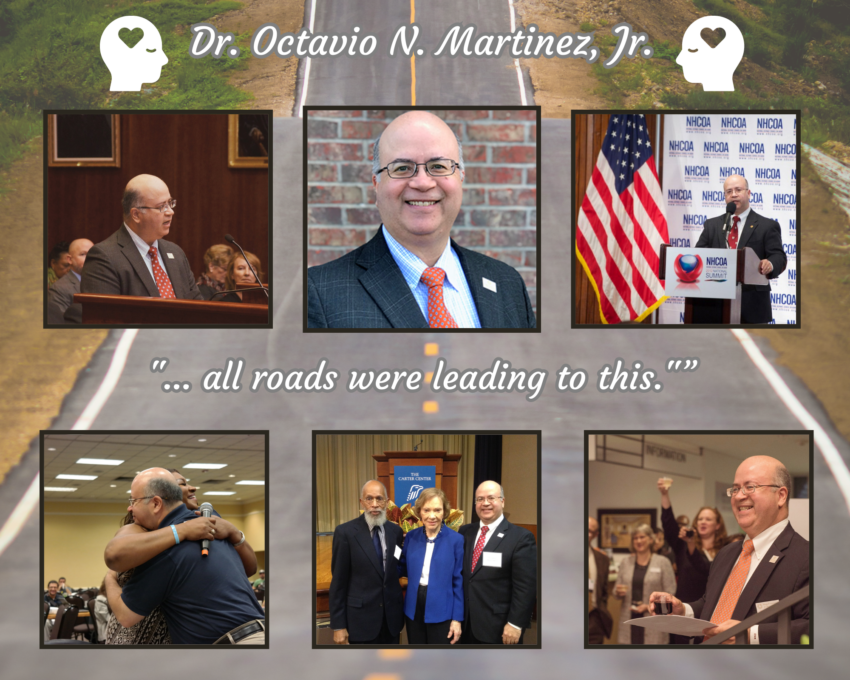
Share On Social!
“Now remember, you must return your books on time,” said the librarian at the local public library in Austin, Texas.
She peered down at 6-year-old Octavio N. Martinez, Jr., who eagerly nodded in agreement.
She smiled and handed the child his first library card.
From there, Octavio fell in love. Hard.
He loved books and became a ferocious reader. With each page turn, his passion for learning grew.
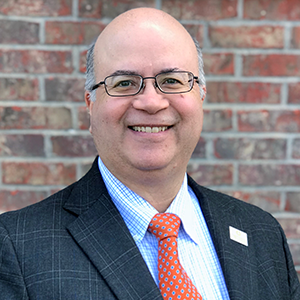
By the time he reached sixth grade, he knew he was destined for college and had even earned the nickname “professor” among his friends.
Now a grown man, Dr. Octavio N. Martinez, Jr. has since earned four college degrees, including a Doctor of Medicine and Master of Public Health.
He is also one of the nation’s leading mental health advocates and philanthropists, a licensed psychiatrist, and executive director of the Hogg Foundation for Mental Health in Austin.
But the path to finding his “true calling” wasn’t easy. It was a winding road full of hardships and risky decisions.
Yet, he stayed persistent in following his dreams.
“I wanted to be able to say that I tried and failed versus I didn’t try at all,” Dr. Martinez said. “I didn’t want any regrets in life.”
Becoming a Banker
After finishing high school, Dr. Martinez was the first in his family to get a traditional college education at the University of Texas at Austin.
He was eager to learn a little about everything.
He took pre-med, pre-law, engineering, and business classes. While he genuinely enjoyed each of these subjects, he decided to major in finance.
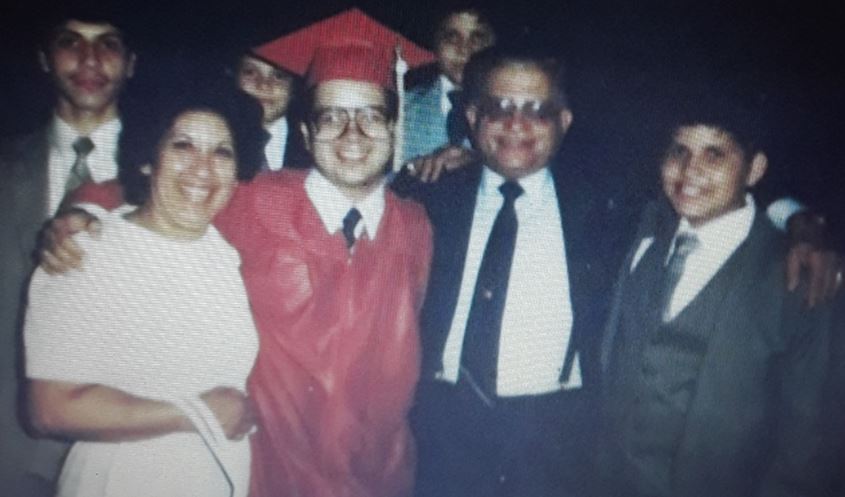
“I graduated in 1983 and got a job in Austin working for a bank,” Dr. Martinez recalled. “Then I decided I wanted to get a Master of Business Administration. After that, I became a commercial real estate banker.”
Then, life got interesting.
“It’s funny how events happen that impact a person’s life, right?” Dr. Martinez said. “I was enjoying my career in banking. Then, in the late 1980s, we had something called the savings and loan crisis. The entire financial system in Texas came to a grinding halt and crashed. And then I ended up being part of the largest bank failure that the US had ever seen.”
A Turning Point
Dr. Martinez recalled this point of his career as one of his greatest challenges.
Should he stay in banking? Or pursue a career change?
“That experience really changed my entire perspective and got me thinking more critically about my life,” he said. “Ultimately, I wanted to be able to look back and say, ‘I did my best and I made a difference.’”
Remembering how much he enjoyed his pre-med classes in college, Dr. Martinez started volunteering in the emergency rooms at Saint David’s Hospital in Austin on the weekends.
“This experience helped me to see that medicine is a great profession,” Dr. Martinez said. “People care about other people. The medical field really resonated with me.”
At first, Dr. Martinez started in the ER as a patient transporter. When the hospital staff learned he could speak Spanish, he became a translator.
He volunteered at the hospital for two years while remaining a full-time banker.
“I finally bit the bullet and said, ‘You know what? I’m going back to UT to get all the prerequisites to go to medical school,’” Dr. Martinez said. “So, I quit my job in banking and went back to UT as a full-time student. I had no idea if it was going to work out, but I decided to take a chance.”
Despite concern from others, Dr. Martinez persisted in his dream to go to medical school. He was accepted into the Baylor College of Medicine and began classes in 1992.
He quickly developed a love for cardiology.
Then, a unique opportunity arose; Dr. Martinez was given the chance to complete a psychiatry rotation through Boston University and Harvard Medical School. Long story short, Dr. Martinez packed his bags for Massachusetts.
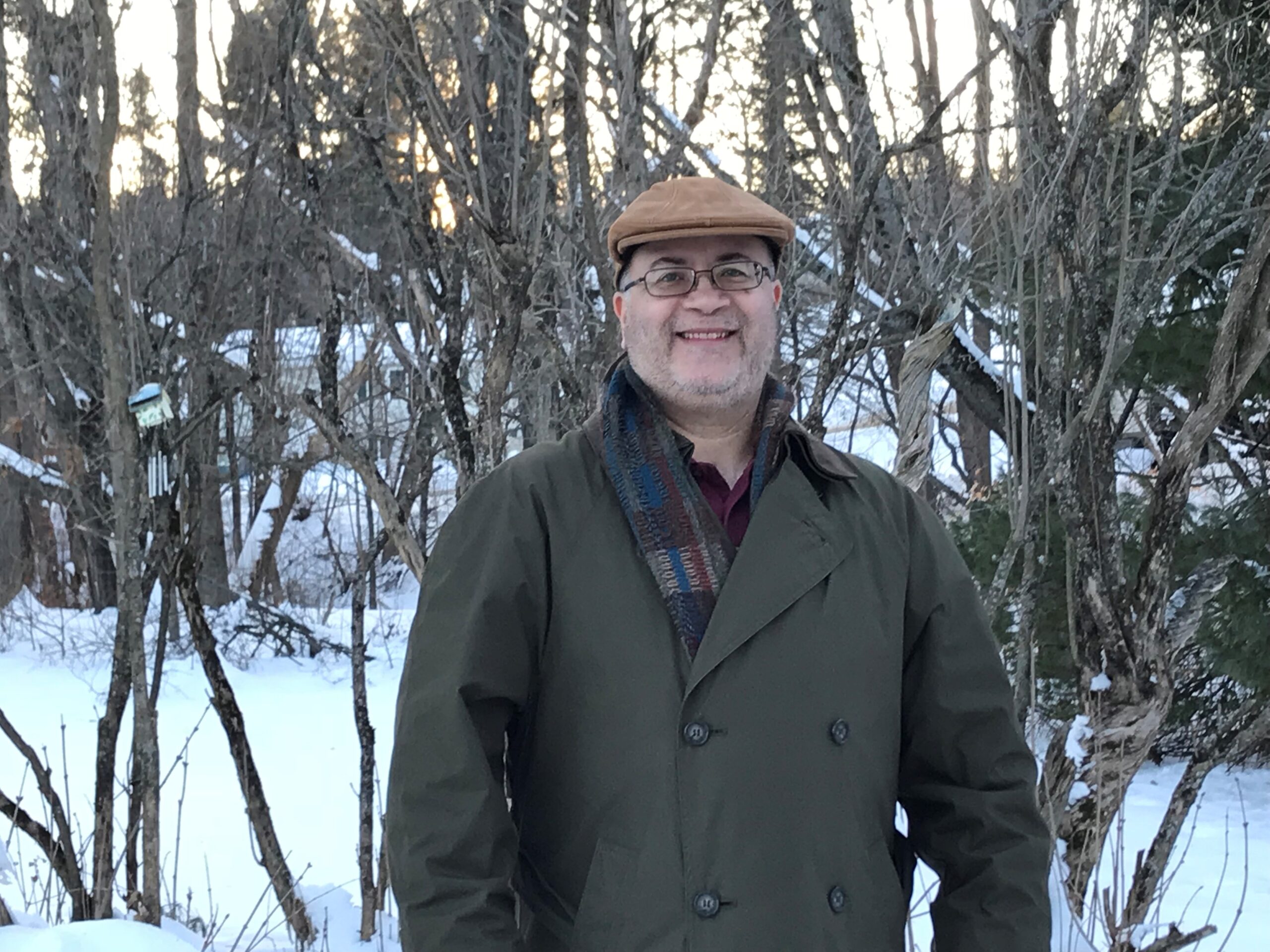
This psychiatry rotation would introduce Dr. Martinez to the field of mental health.
“It was such a unique experience that I had never been exposed to,” Dr. Martinez recalled. “It really got me thinking about the brain and how little we really know about it. And that started my trajectory to start looking at psychiatry residencies.”
Sure enough, Dr. Martinez landed a psychiatry residency at the UT Health Science Center at San Antonio, where he was elected to become chief resident.
This honor came with additional responsibilities, like teaching medical school classes, but it also gave Dr. Martinez first choice on where he wanted to work as a resident. He chose the University Health System Hospital, the Audie L. Murphy VA Medical Center, and outpatient clinics at the Brooke Army Medical Center.
There, he witnessed the consequences of health inequities, particularly among the San Antonio Latino population (65.7%).
Access to healthcare was one of the most profound disparities.
In fact, Latinos are uninsured at an extremely high rate compared to other racial/ethnic groups. In 2020, 18.3% of the Latino population was not covered by health insurance, compared to 5.4% of white non-Latinos, according to a 2021 Census Bureau report.
Dr. Martinez felt compelled to help. But how?
Hello, Harvard
Dr. Martinez’s advisor suggested he pursue a fellowship to learn more about addressing health inequities at the policy level. But that task seemed easier said than done.
“I looked at the fellowships that existed at the time. There was no fellowship that fit what I was looking for, so I went on the Internet and came across this fellowship at Harvard University, known as the Commonwealth Fund Fellowship in Minority Health Policy,” Dr. Martinez said. “This was a very new program focused on addressing health disparities, especially in poor minority communities.”
Despite finding the perfect opportunity, the chances of getting accepted into Harvard seemed slim.
“But you know, I’d rather try and fail than not try at all,” Dr. Martinez said. “So, I applied… and by golly, I got in!”
As part of the year-long program at Harvard, he earned his Master of Public Health in 2002 and worked with a variety of government health organizations, including the US Department of Health and Human Services, the US Centers for Disease Control & Prevention, and the Substance Abuse and Mental Health Services Administration.
“It was just an amazing experience that introduced me to a network that would have taken decades to create, and it all happened during that one year-long fellowship,” Dr. Martinez said.
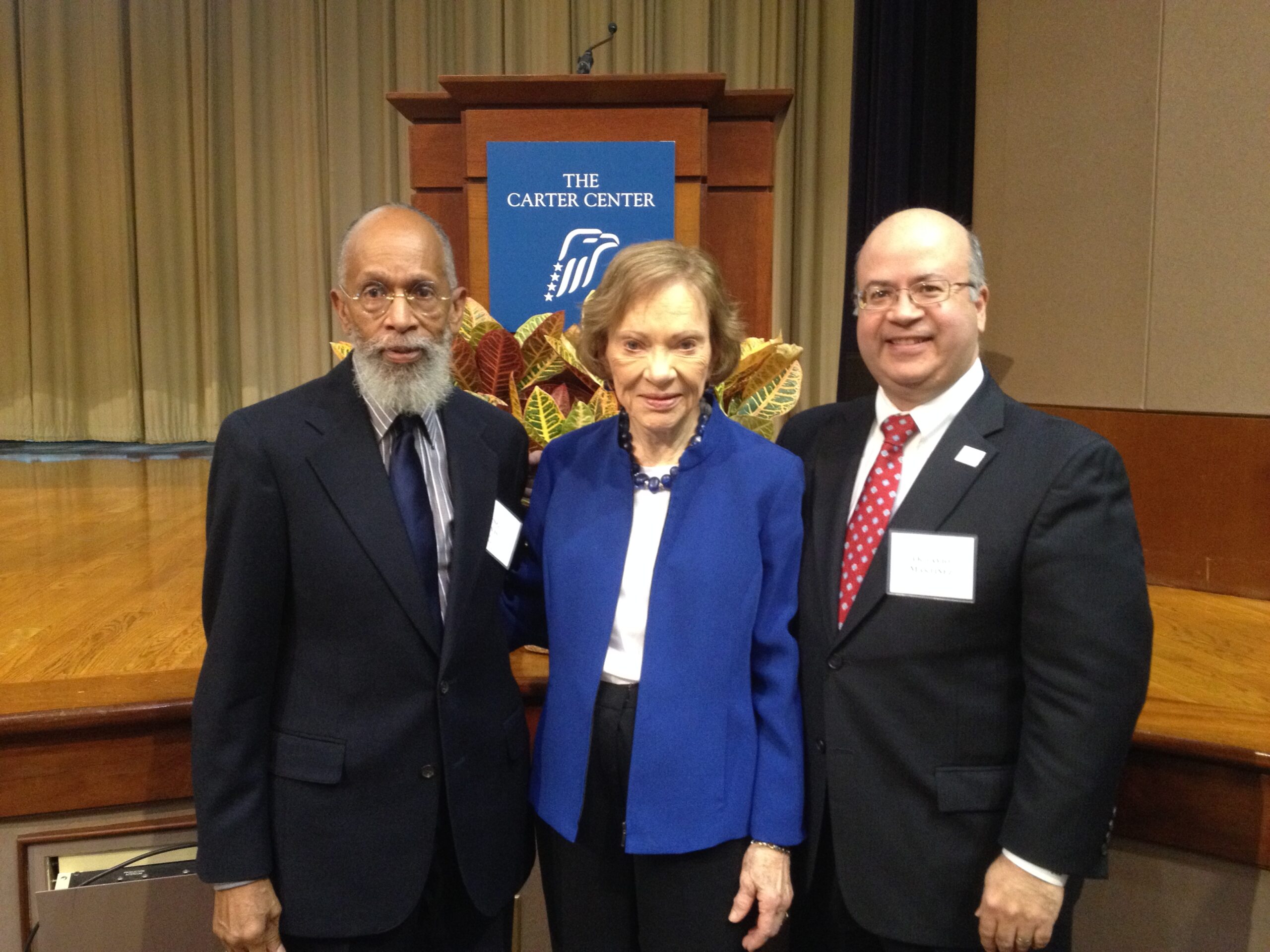
Part of this network was Dr. King Davis, who was the Commissioner of the Virginia Department of Mental Health at the time. The duo would remain friends for years following the fellowship, and their relationship would later play a key role in Dr. Martinez’s career.
After completing the rigorous fellowship at Harvard, Dr. Martinez returned to UT Health San Antonio where he became an assistant professor and psychiatrist and a faculty associate with the Center for Medical Humanities and Ethics.
During his five years there, he developed two community psychiatric clinics for underserved areas of Bexar County (61.3% Latino).
Then, he was recruited to develop a 23-hour crisis unit at Albemarle Hospital in Elizabeth City, North Carolina (7.1% Latino), which served 10 counties.
After just two years in North Carolina, Dr. Martinez got a call from Dr. Davis, who was serving as the executive director of the Hogg Foundation in Austin at the time.
Dr. Davis was stepping down and believed that Dr. Martinez would be an excellent fit for the position.
“I didn’t know anything about foundations or philanthropy at the time,” Dr. Martinez said. “But Dr. Davis told me that I had everything it takes to lead a foundation, and I trusted his judgment.”
Again, Dr. Martinez was doubtful he would be awarded such a prestigious position.
But “lo and behold, in August of 2008, I left North Carolina to come back to Austin and take over as executive director of the Hogg Foundation.”
A Leader on All Fronts
As executive director, Dr. Martinez oversees the vision, mission, goals, strategic planning, and day-to-day operations of the Hogg Foundation, which has supported the mental health and well-being of Texans since 1940.
“It’s the one position that I’ve had where I’m using all my education and training, even my banking and finance,” Dr. Martinez said. “That’s why I’ve been here 15 years; it really does feel like all roads were leading to this.”
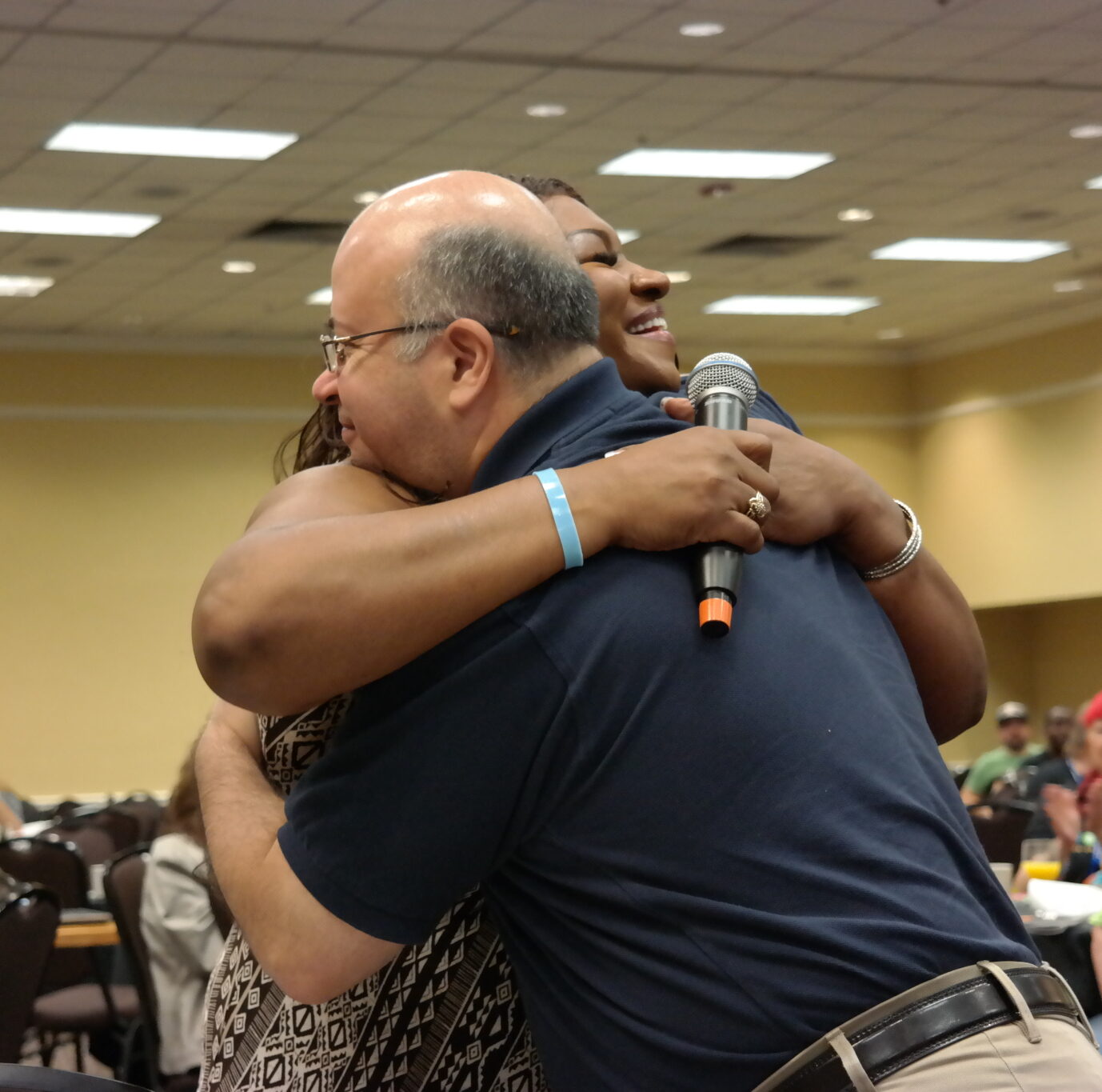
Dr. Martinez feels honored to be the first Latino to lead the Hogg Foundation, and believes that his appointment represents Texas’ population growth, particularly among the Latino community.
“We’re having a huge rise in the Latino population, and it means a great deal for the foundation to have a leader that models and cares about the community,” he said.
Dr. Martinez’s appointment is also special because Latinos are generally underrepresented in healthcare and leadership positions. For instance, Latinos make up almost 19% of the total US population, but account for just 7.5% of psychiatrists.
Dr. Martinez’s leadership has played a critical role in elevating the Hogg Foundation’s national and international impact. For example, Hogg Foundation staff met with Her Majesty Queen Máxima of the Netherlands in November 2022 to discuss youth mental health challenges.
The Hogg Foundation’s work is especially important, as the US is currently suffering from a mental health crisis, especially in the Latino community.
In fact, around 17.7% of Latinos suffer from depression during their lifetimes, but only 7.2% of Latinos are diagnosed with depression compared to white Americans. Further, just 35.1% of Latino adults with mental illness receive treatment each year compared to the US average of 46.2%.
In addition to leading the Hogg Foundation, Dr. Martinez currently holds many other appointments:
- Senior Associate Vice-President, the Division of Diversity and Community Engagement, The University of Texas at Austin
- Associate Chair of Diversity, Equity and Inclusion, Dell Medical School, Department of Psychiatry and Behavioral Sciences
- Professor of Psychiatry, Dell Medical School, Department of Psychiatry and Behavioral Sciences
- Clinical Professor, Steve Hicks School of Social Work, The University of Texas at Austin
- Faculty Affiliate of the Rapoport Center for Human Rights and Justice at the University of Texas at Austin School of Law
- Adjunct Professor of Psychiatry at the Long School of Medicine, UT Health San Antonio
- Commissioner for the Texas Judicial Commission on Mental Health
- Executive committee member for the Texas Child Mental Health Care Consortium
- Member of the Advisory Committee to the Director of the Centers for Disease Control and Prevention
- Board member of Trust for America’s Health
- Member of the Psychiatric Services Journal editorial board
- Current member and former chair of the National Hispanic Council on Aging
- Recently served on the Presidential COVID-19 Health Equity Task Force for the White House
- Recently served on the National Advisory Committee for Rural Health and Human Services for the U.S. Health and Human Services
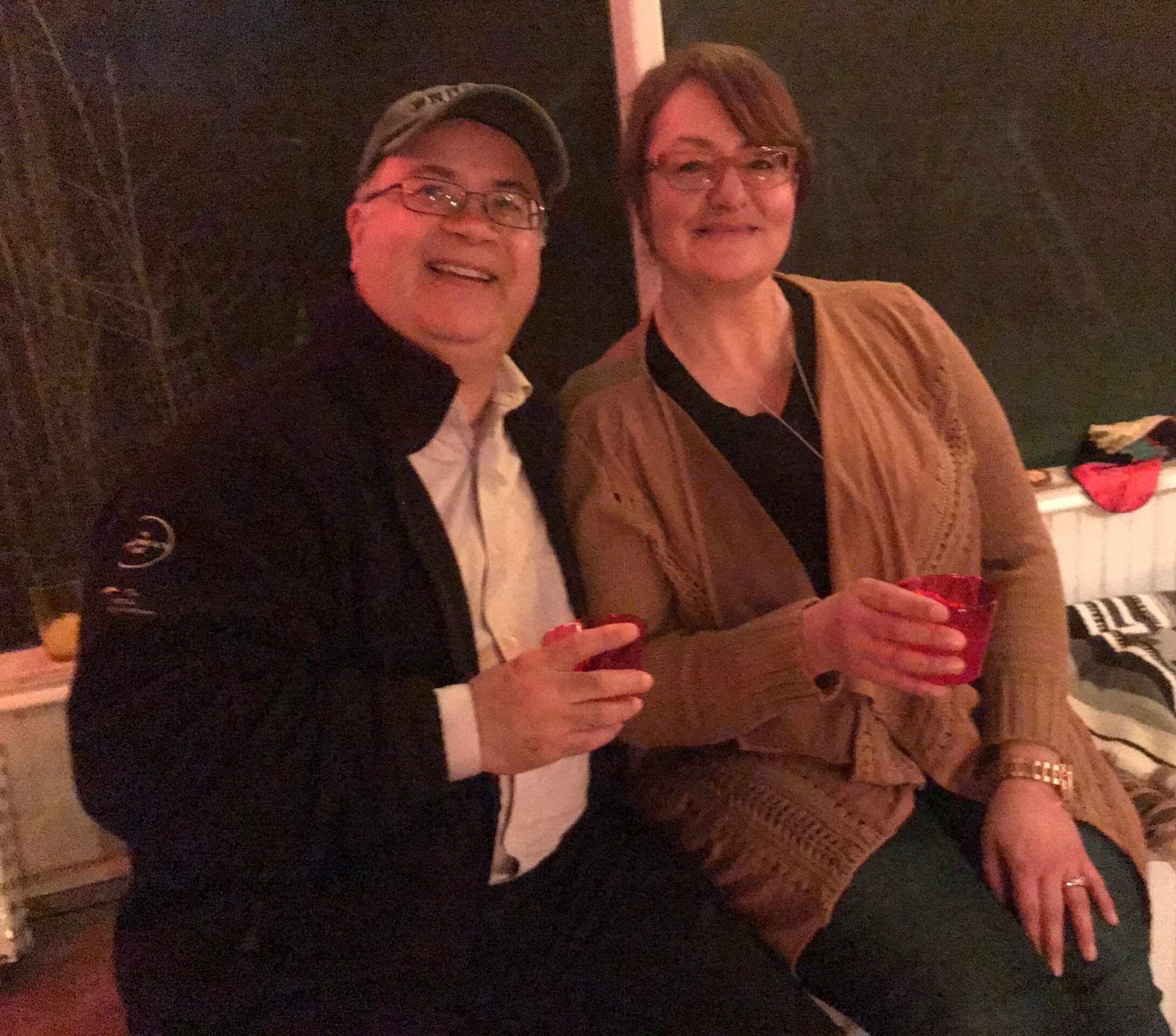
Among these amazing achievements, Dr. Martinez particularly enjoys his faculty appointments. He loves seeing students blossom and become public health leaders.
“I tell my students to find a fulfilling role and don’t have any regrets in life,” Dr. Martinez said. “Even if you do miss one window of opportunity, that doesn’t mean it’s all over. There’s going to be so many more opportunities down the road.”
Of course, Dr. Martinez couldn’t achieve such a diverse range of accomplishments without a support system. His calls his wife, Clarissa, his better half.
Funny enough, Clarissa is a PharmD who comes from a business background too.
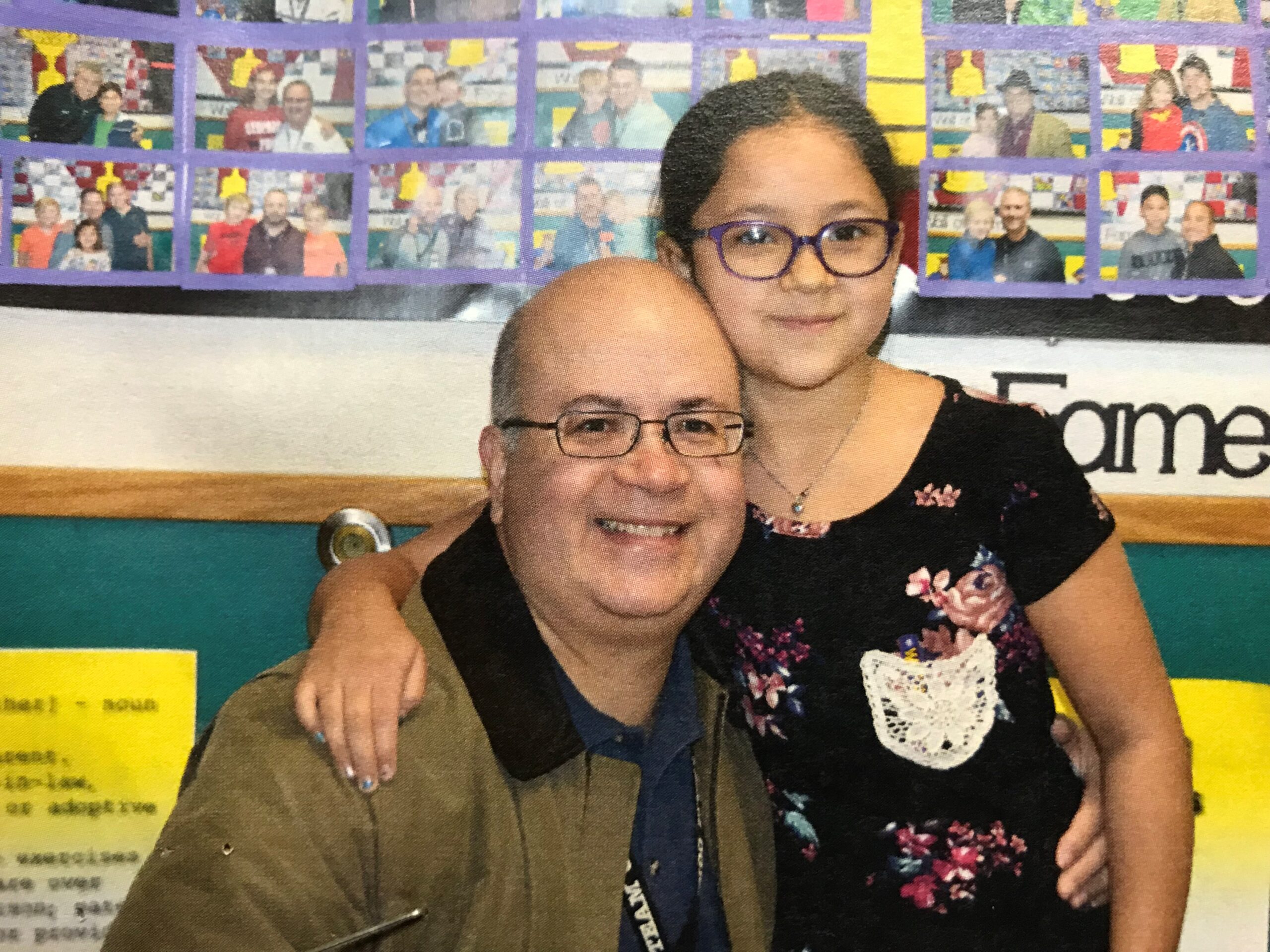
“We just get each other because we’ve gone through very similar pathways in our career,” Dr. Martinez said with a grin. “She has provided me with tremendous support, and I couldn’t do this without her.”
Together, the couple has a daughter, Sofia, who will be an 8th grader this year.
Dr. Martinez’s persistence and patience to find his true calling is truly an inspiration for Latinos and all people. He is the epitome of the old saying, “you never know until you try.”
Read more about mental health!
Explore More:
Mental HealthBy The Numbers
142
Percent
Expected rise in Latino cancer cases in coming years
This success story was produced by Salud America! with support from the Robert Wood Johnson Foundation.
The stories are intended for educational and informative purposes. References to specific policymakers, individuals, schools, policies, or companies have been included solely to advance these purposes and do not constitute an endorsement, sponsorship, or recommendation. Stories are based on and told by real community members and are the opinions and views of the individuals whose stories are told. Organization and activities described were not supported by Salud America! or the Robert Wood Johnson Foundation and do not necessarily represent the views of Salud America! or the Robert Wood Johnson Foundation.




I know this is a two year old article, but Bias is another reason why some Hispanic people think about or attempt suicide. I’m actually part Filipino, German and English and I ended up looking stereotypically Hispanic and my surname is Spanish due to my Filipino side since the Spanish colonized the Philippines. I’m a woman though and I’ve thought about it for a number of reasons involving my health from a rare disorder that caused learning issues and also I have obvious cancer symptoms Ive tried getting help with. I’ve also been treated poorly and sometimes in very scary situations because of obvious Bias and Prejudice due to my appearance. I’m just saying Bias against people who are Hispanic and “look Hispanic” is a real thing. I apologize if it was in this article but I didn’t notice it, But I do apologize if its in there. I just think it needs to be addressed more. Thank You